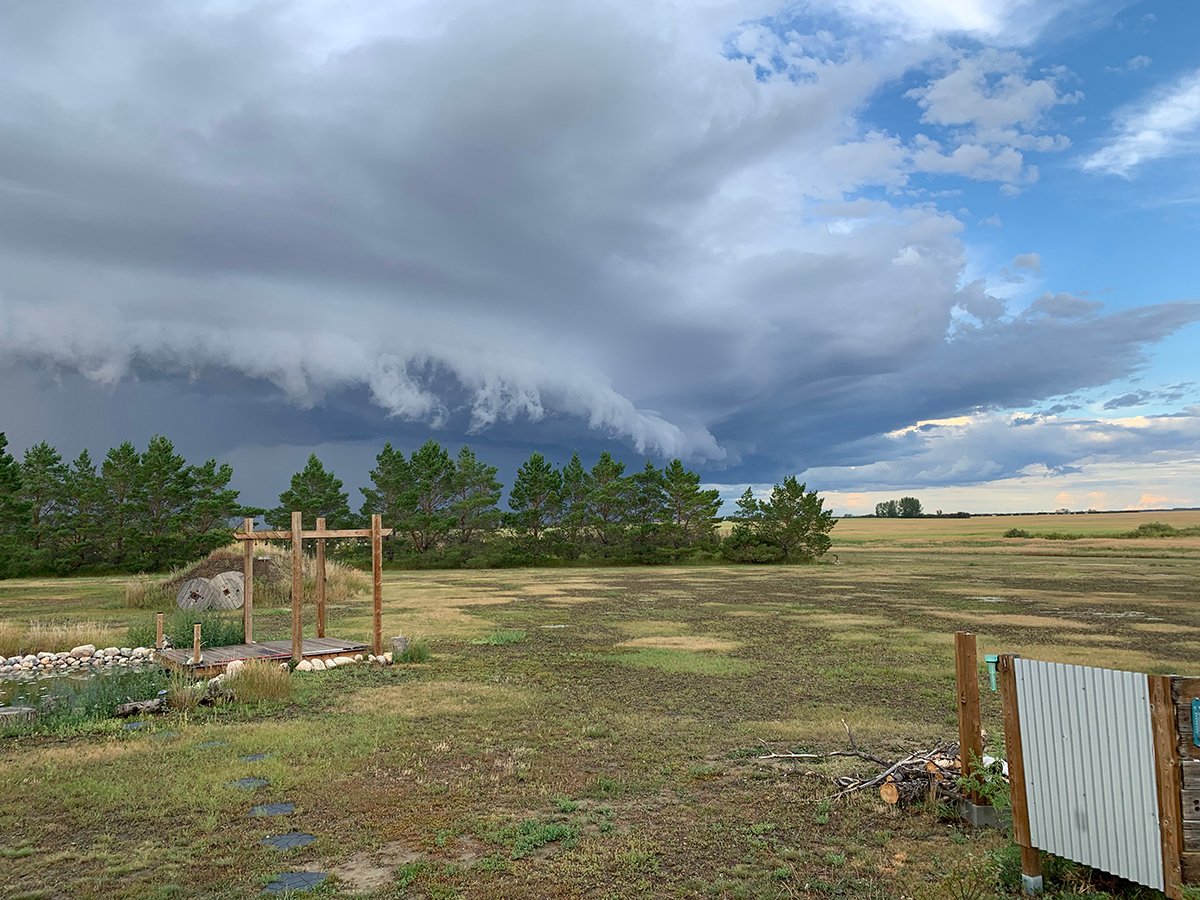VERNON, B.C. (Staff) – Building on the 4-H philosophy of learning to do by doing, a new education program in British Columbia is teaching young people how to be goodwill ambassadors for their clubs.
A reaction to recent media criticism of livestock projects by animal right activists prompted the development of AWARE (Animal Welfare and Animal Rights Education). It is a spinoff of the American Myth Busters program that teaches farming people how to handle questions about animal welfare and animal rights.
Rancher Susan Hoszouski is one of a group of trainers taking AWARE to 4-H members and leaders. So far, 30 leaders in B.C. have been trained to use the program and they will be available to teach other leaders.
Read Also

Storm dynamics and extreme rainfall
Besides moisture, instability and orographic lift, the next biggest factor that contributes to heavy or extreme rainfall is storm dynamics.
“Animal welfare is an important component of the 4-H program. Animals rights philosophy is a threat to livestock projects and animal agriculture,” she said.
The AWARE program has several objectives. Youth groups are taught the five freedoms of animal care that cover health, safety and comfort, as well as animal psychology. They are also given a definition of animal welfare and animal rights.
The 4-Hers are taught to conduct interviews and use language understood by those outside the farm community when they are showing how they care for animals.
Members are reminded to be honest about what and why they do things and think before speaking to avoid having comments misconstrued.
The program is supported by the provincial agriculture department and the B.C. 4-H council. It started after media reports criticizing the 4-H livestock projects appeared in some B.C. publications, said Hoszouski.
“It became apparent that we must be able to teach 4-H members, leaders and others how to project a positive image of livestock handling,” she said.
A letter to the editor in The Vancouver Sun said “the club teaches children to suppress their emotions” and they are taught to “view animals as commercial objects.”
Gordon Bryant of the B.C. agriculture department said the program is available to any agriculture youth group in Canada. A training manual for the leaders and program work for the children is available through the department or through the B.C. 4-H council.














